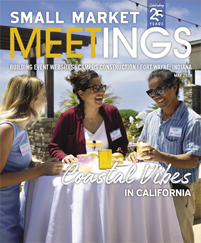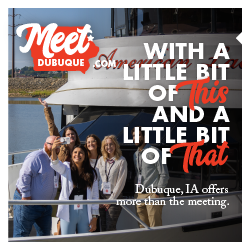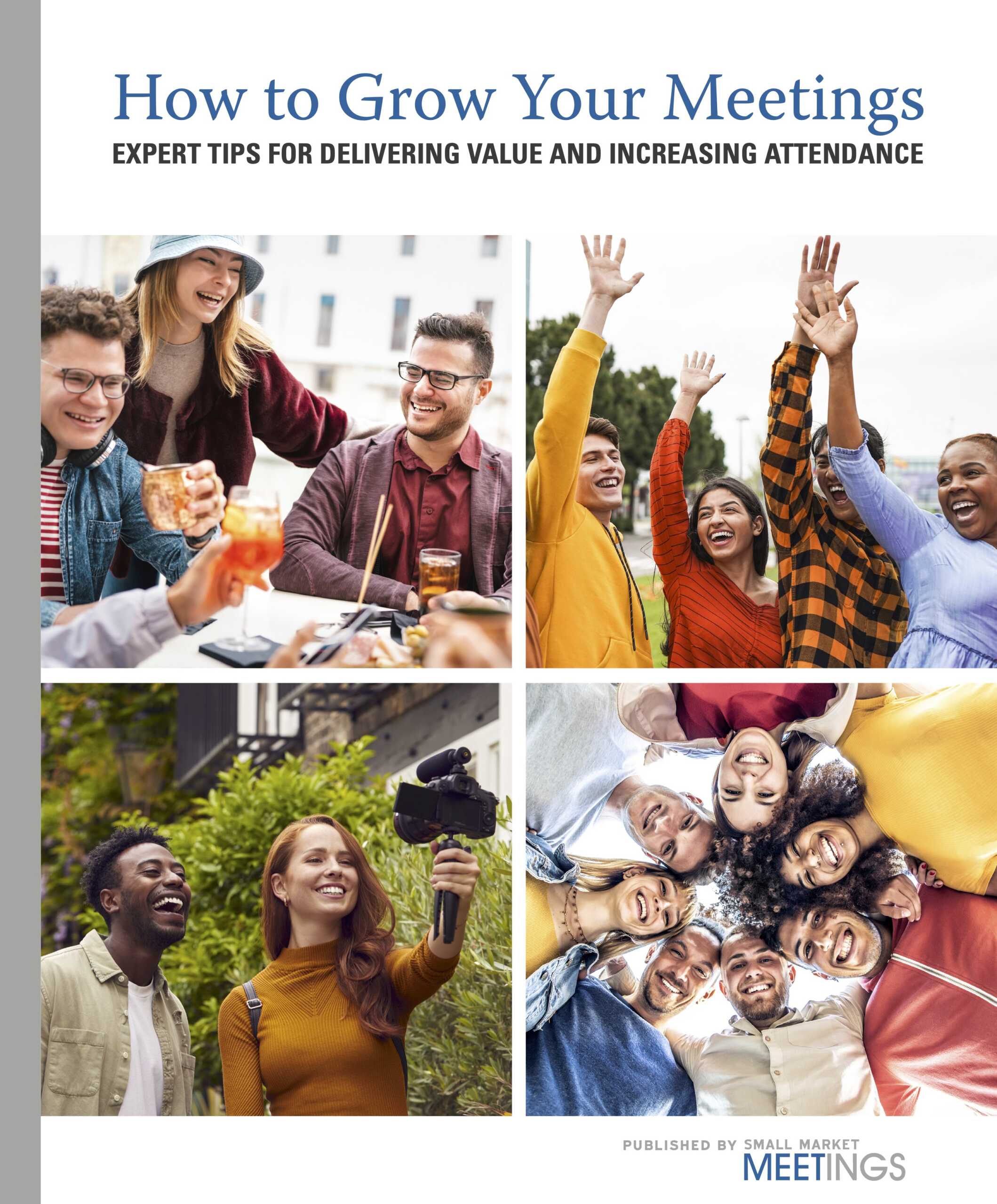What’s the best way to convince people to attend the conferences and conventions you plan? How about spreading the word by “modified” word-of-mouth?
It’s a way to take attendees’ comments and testimonials and send them to your target audience through social media channels and traditional marketing methods — basically, word-of-mouth, amplified.
Having those who’ve attended your conference and experienced the benefits firsthand talk about what they got out of their three days at the CHI Health Center in Omaha can help sell those who are unsure about spending the time and money to attend. Here are five advantages of face-to-face meetings that you can promote through the experiences of previous attendees, as well as ideas on how to disseminate those stories.
Live events rock.
Every business speaker these days has a TED Talk, so why should anyone get excited about seeing a keynote in person? Well, because live is different. Here’s my best example. I always liked Tom Petty’s music. Then I saw him in concert, and I became a huge fan. Find an attendee who was wowed by a speaker at your last conference and have them talk on camera about the impact of seeing that speaker live. Maybe they’ll talk about how they met the speaker at the book signing after the keynote or how they got to ask a question after the main talk wrapped up. Post the short — three-to-four minute — video on your conference website.
Seeing is believing.
Skype can be uncomfortable and awkward, email can be misconstrued, and phone calls are one-dimensional. Sitting down with someone at a seminar or group dinner allows for a different level of communication. The smiles are wide, the laughs loud. Conversations can rove from work to home life; the freedom to talk without an agenda can lead to new insights and perspectives. Even tough topics are tackled a little more easily.
Find people who have became fast friends after meeting at your conference and ask them to talk about how their relationship has enriched their work life. Have them describe how they support each other, connecting through calls and emails. Publish a story with photos about their friendship in your association magazine several months before your conference. Remember, in survey after survey, people say networking is one of the main reasons they attend conventions and conferences.
Scenery change perks the brain.
Where were you the last time you had a brilliant idea? Chances are you weren’t sitting in your Herman Miller Aeron desk chair looking at your MacBook Air screen. New surroundings are the brain’s catnip. Remember this point made by Neil Patel in an article for Forbes.com: “New experiences, new destinations, new sensations — these are the types of things that inspire new ideas. You can’t brainstorm new unless you experience new.”
Most organizations tout the attractions and other attributes of the cities where they’ll have their next conference. But wouldn’t it be fun to have your CEO or association president who toured the host city talk about how what was seen on the visit sparked new ideas? Have the CEO or president write about it in a letter to your members. Or perhaps create an Instagram promo using photos of the meeting destination and well-crafted captions.
Build a network.
A trade show is about far more than a bag of swag. Seeing the latest tech is what brings almost 200,000 people to Las Vegas for the International Consumer Electronics Show each year and more than a million to New York to see cars at the New York International Auto Show.
Almost every industry conference has a trade show, where attendees wander and talk to suppliers. Find attendees who came to your last conference in search of information about new software, a historic hotel or something else they needed to do their work. Have them talk about the value of spending time on the trade show floor and ask them to describe their trade show strategy. Post one of these interviews on your website, the conference site or LinkedIn.
Get smarter faster.
Remind attendees that they are the masters of their own fate so they must be assertive when it comes to learning new skills and widening their know-how. Let’s say, for example, your conference includes a session on how to use AirTable and other project management software. A lot of your members are probably using this tool and wishing they had the time to dig in and learn all its features. It could be valuable to do a Q&A with the seminar presenter about what she’ll be teaching, post it on Facebook and LinkedIn, and publish it in the association newsletter. Another point you could make, perhaps through a previous attendee, is that staff who attend educational seminars can take what they learn back to the office and share it with their co-workers. Find someone from one of your previous conferences who attended expressly to earn CEUs or to attend a specific seminar. Interview the person and post that testimonial on the conference website.











